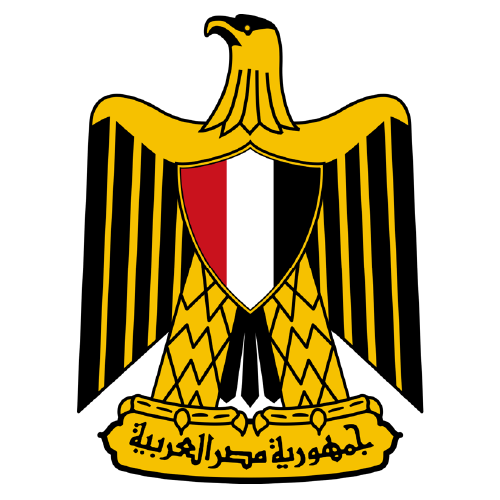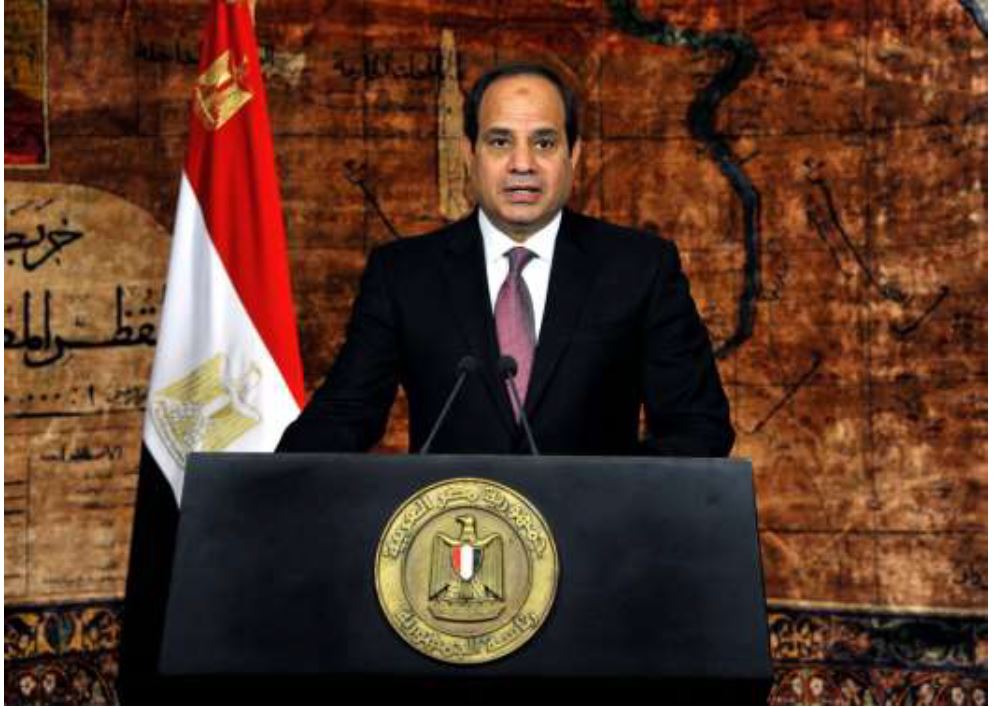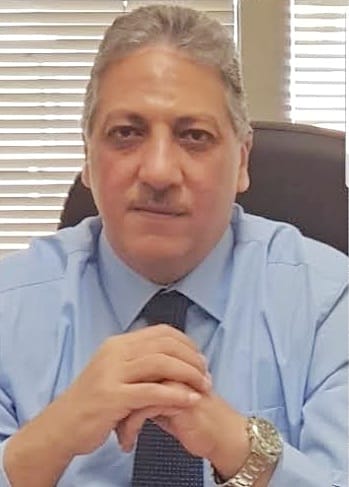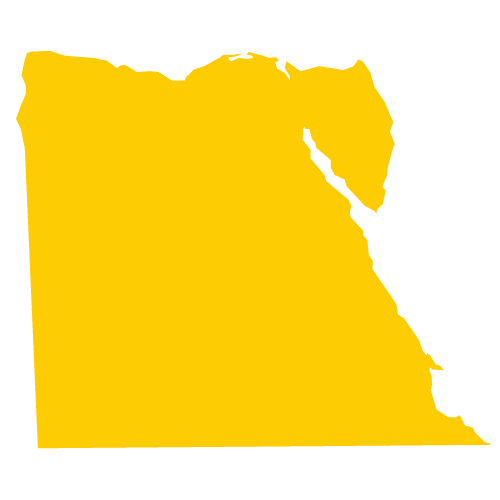Country
Egypt 


| Independence Day | July 23 |
| Official Language | Arabic |
| Capital City | Cairo |
| Population | 100,000,000 |
| Proven oil and gas reserves as at 2018 | N/A |
| Crude oil and condensate production as at 2018/2019 | 626,345 bbl./day |
| Gas production as at 2018/2019 | 6412 MM scf/d |
| Egypt’s GDP Purchasing power parity; international dollars (2018/2019) | $294,294 Bn (according to the average exchange rate) |
| Egypt’s GDP Per Capita (2018/2019) | $3,000 |
The Arab Republic of Egypt is located in North Africa, with Sinai Peninsula forming a land bridge to Asia. Egypt is thus a transcontinental country, and having ties with the African countries, the Mediterranean region, the Arab and the Islamic world. Covering an area of about 1,000,000 square kilometers, Egypt is bordered by the
Mediterranean Sea to the north, the Gaza Strip and Israel to the northeast, the Red Sea to the east, Sudan to the south and Libya to the west. Egypt’s population is estimated around 100 million people, living near the banks of the Nile River, in an area of about 40,000 Sq. km where the arable land is found, the
capital is Cairo, the official language is Arabic, and have the Egyptian Pound as the national currency, the national day of Egypt is celebrated on July 23. The Egyptian economy is one of the most developed and diversified in the Middle East, with sectors such as tourism, agriculture, industry and services at almost equal production levels
Egypt has an advanced energy industry based on oil, natural gas, and hydropower, where the first oil discovery (Gemsa) was made around 140 years ago and has been producing oil since 1910. International annual exploration bid rounds are usually well received by IOCs, allowing them to explore and produce from different locations
across Egypt; Western Desert, Gulf of Suez Nile Delta, Mediterranean, Red Sea and Upper Egypt. The country’s vision is to become oil and gas hub, building on our strategic importance as oil and gas exporter for the Persian Gulf oil and LNG, through
the Suez Canal and Sumed (Suez-Mediterranean) Pipeline, and the good oil and gas infrastructure and geographic location.
Egypt holds significant gas reserves; is the second largest gas producer in North Africa after Algeria. Gas production grew rapidly throughout the 2000s, fueled by
strong domestic demand and gas export contracts, and to better utilize this gas the Egyptian petrochemical industry was established. In August 2015, Eni announced the Zohr discovery, a new play opening find with an
estimated 21.5 tcf of recoverable gas reserves. The field was a world record from development to be fast-tracked with first production in December 2017. Gas production from Zohr and West Nile Delta supported by smaller projects like Nooros and Atoll helped Egypt to reach self-sufficiency in gas by the end of 2018.
Currently Egypt has the following IOCs operating in the upstream sector (APACHE, IPR, APEX, Merlon, Pan Pacific, BP, DANA Gas, Petroceltic, ENI, Edison, Wintershall Dea, Lukoil, Total, Shell, Kuwait Energy, Dana Gas, Petronas, SINOPEC, DRAGON Oil,… etc.), and the service companies operating in Egypt (Bechtel, Honeywell UOP, Saipem, ICC Chemical Cooperation, Flour, HPI, … etc.)

H.E. Abdel Fattah El Sisi
President of the Arab Republic of Egypt

Eng. Karim Ibrahim Ali Badawi
Petroleum and Mineral Resources Minister

Eng. Moataz Atef
APPO Executive Board Member

Eng. Alaa El Batal
CEO, Egyptian General Petroleum Corporation

